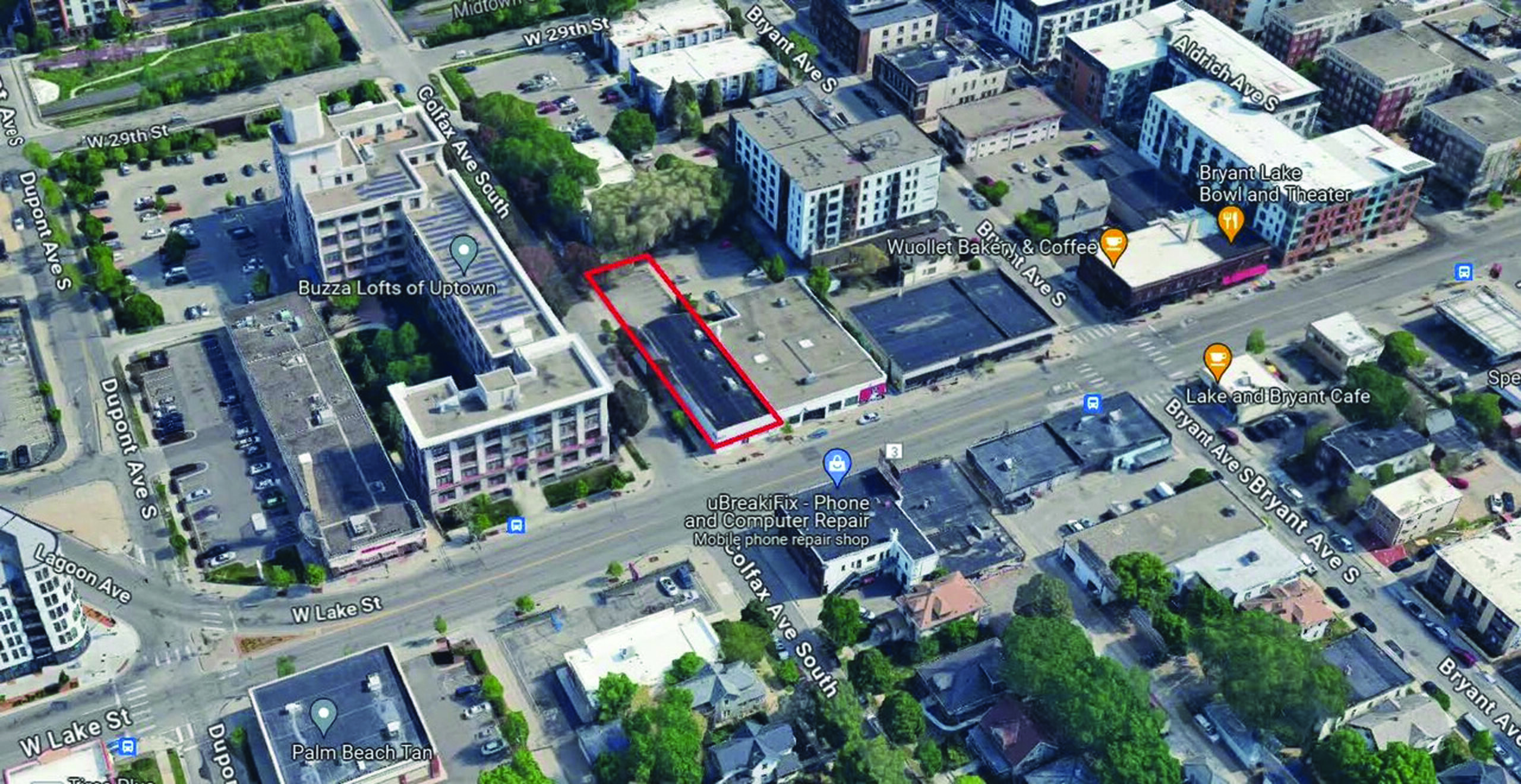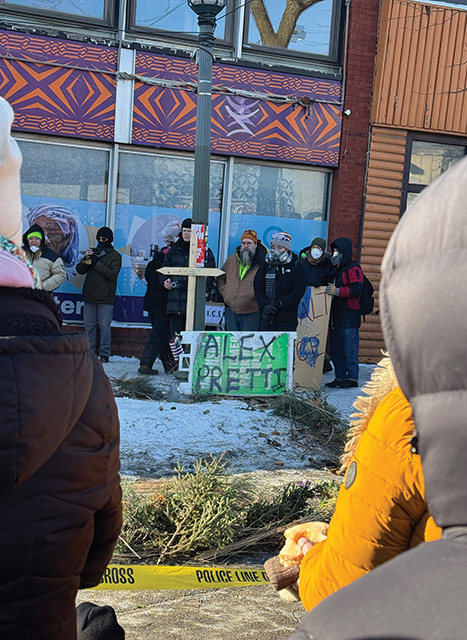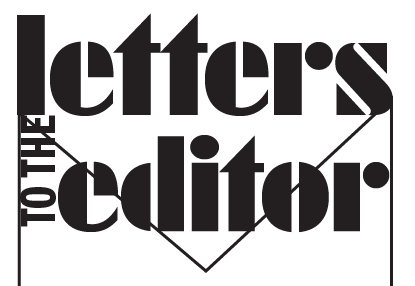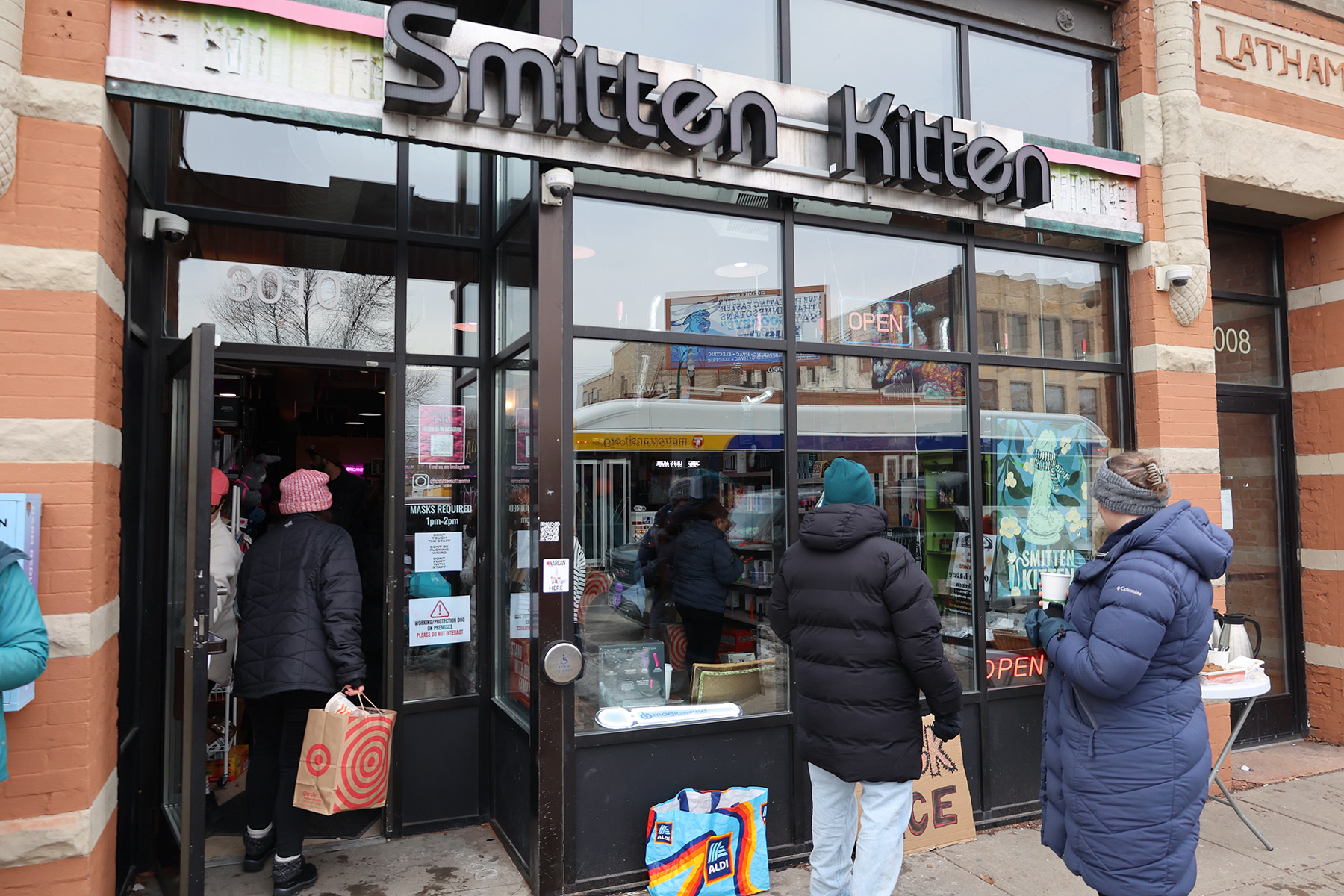On September 24, the Business, Housing & Zoning committee (BHZ), chaired by Council Member Jamal Osman, unanimously approved the Interim Use Permit application submitted by Tim McLaughlin of West Lake Colfax, LLC, to allow Lakeshore Care, Inc. to operate a recuperative care center in the building at 918 W. Lake St.
As we go to press, it appears that the full council will vote to approve the permit on October 2. Once approved, Lakeshore Care, Inc. plans to begin operating a 24-bed, around-the-clock medical facility starting early next year. A larger recuperative care center, to be operated by Accord Health and capable of housing 64 individuals, is being considered for
1801 Nicollet.
Recuperative care facilities are a relatively new concept meant to provide health care for unhoused people who have suffered an illness or medical emergency. After receiving treatment at a clinic or hospital, they often have nowhere to go. Recuperative care centers are seen as a way to provide a lower-cost care option than traditional alternatives such as extended hospital stays, skilled nursing facilities, emergency shelters, long-term care facilities or home health care, while also achieving better outcomes for these individuals. The model has worked in other states and the Minnesota State Legislature created the statutes in 2023 to allow them in Minnesota.
Lakeshore Care was formed in March, 2024, and the company appears to consist of two key figures: its owner, Ali Warsame, and project manager, Zakaria (Zach) Suleman. Tim McLaughlin, the applicant, is a building owner.
Since the 918 Lake St. location was first proposed, there has been pushback from nearby residents and businesses, many of them struggling to survive in a commercial corridor hobbled by road construction and crime. In the hundreds of comments submitted to the city in July the vast majority opposed the facility location, arguing that there are too many unknowns, and that it is not conducive to restoring a commercial district that relies on a busy and safe streetscape.
But neighbourhood input seems irrelevant. As senior city planner Lindsey Silas noted, “The staff recommendation is based on the policies of the comprehensive plan, the zoning code, and applicable state statutes related to required findings. Neighborhood opposition is considered by the Planning Commission, not by staff doing the analysis of the project. In addition, neighborhood opposition alone does not constitute a legal basis for denial of a land use application.”
Skeptical Neighbors
After much public prodding, Lakeshore met with community members to respond to their concerns. According to their land use application to the city, Lakeshore Care claimed they could meet with people only via Zoom due to safety concerns with in-person meetings.
This is not a promising start for a business aiming to integrate into a busy neighborhood while ensuring it will “not be detrimental to or endanger the public health, safety, comfort, or general welfare.” In the same notes, they stated that they chose the site "for its high visibility, proximity to public transportation, and access to nearby medical services." They further explained that it “is important for clients to have access to community amenities, including local businesses, which can help foster a sense of belonging and stability during their recovery."
Lakeshore Care has agreed to amend their proposal to include a skylight to aid in the recovery process, posting the contact information of a community liaison so that there is someone to contact in case there is an issue, and to have one security guard for every eight people housed at the facility. These concessions appear to have satisfied the BHZ committee members.
Begin with Compliance, End with Safety
These recuperative care centers are 24/7 medical facilities. Good governance requires that a robust regulatory and compliance structure be in place prior to their approval. The City Council would be wise to ask both county and state officials to speak to how these facilities will be monitored before they vote on October 2. The details around enforcement of codes and standards have yet to be formalized. These are important. For a business to be in compliance with regulatory requirements, they must first have an understanding of them.
Residents and businesses have a right to know what happens if Lakeshore Care fails to enforce curfews or any of the other promises they have made. If a patient becomes unruly while visiting local businesses, what occurs? When testifying in support of the 1801 Nicollet facility, Connie Melchizedek, manager for the operator Accord Health, stated that they expect some patients to be recovering from tuberculosis. There must be regulatory oversight to ensure that these patients are no longer contagious before being allowed to access community amenities and businesses. The City Council can give voice to resident concerns by asking for specific details on how these facilities will be monitored for compliance.
Lakeshore Care is capitalizing on a business opportunity created by the state, along with Accord Health and other operators preparing to enter the market. They will all be submitting claims for the number of meals, rides and people served. Medicaid, called Medical Assistance in Minnesota, is a combined state and federal program. Perhaps the City Council feels confident in the state’s oversight of these programs, but given the multiple Medicaid fraud investigations underway in the state, extra caution seems appropriate.
It is in the company’s best interest, and that of the public, to call for a robust anti-fraud and compliance program. This would help Lakeshore Care build trust with their neighbors. It might even enable them to hold safe in-person meetings with the community, where they could share compliance reports and address concerns — addressing criticism in the process.
How Does Funding Work?
Recuperative care facilities derive their income by billing Medical Assistance (Medicaid). The state has even established their pay rates.
Recuperative care services rate: At least $300 per diem, with the phrase “at least” implying that it could be higher.
Recuperative care facility rate: Paid through Medical Assistance directly to the provider for facility costs at their standard rate, which is not specified in the legislation. This is similar to any medical facility billing, where payment is made to the doctors for their services and also to the hospital for its facility. At these rates, it appears that the base amount Lakeshore Care will bill Medical Assistance (Medicaid) each month will be $216,000.
As One Neighbor Wrote
“The process regarding this variance had not fostered an atmosphere of trust or community collaboration. Neighbors have raised legitimate questions about who is behind this facility, what their professional track record with these types of specialized facilities is, who it is meant to serve, and whether proper safeguards are in place to ensure that it is beneficial both for the community and the people that it is intended to serve.
They ask these questions not because they are automatically opposed to this proposal, but because this area has seen a dramatic increase in crime, drug use and homelessness, not to mention dramatic upheaval from road construction and the failure of many local businesses. They are concerned for the lack of care the city has displayed for the community they have tried hard to maintain despite so many headwinds.”






